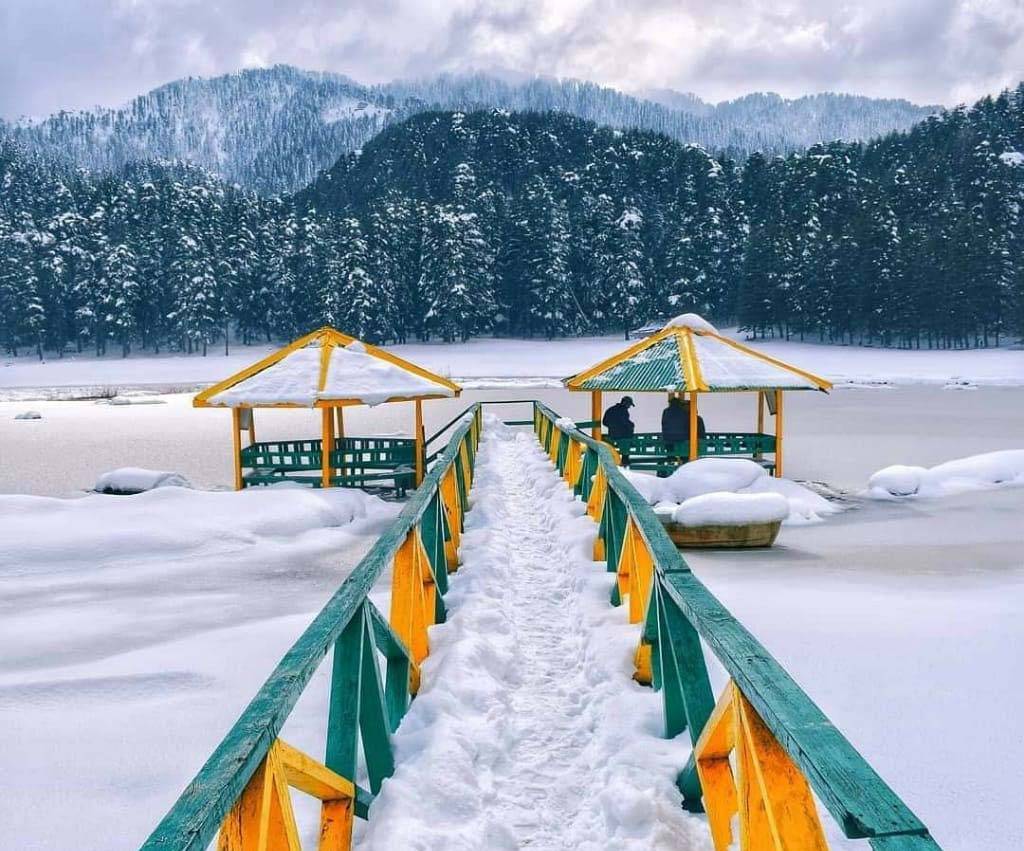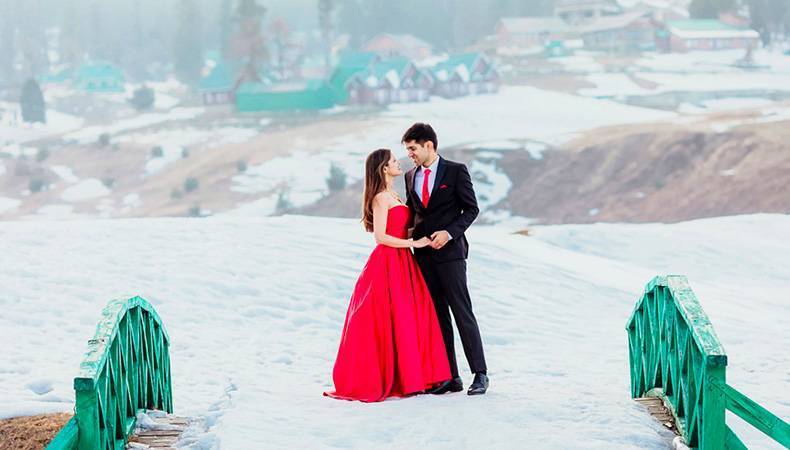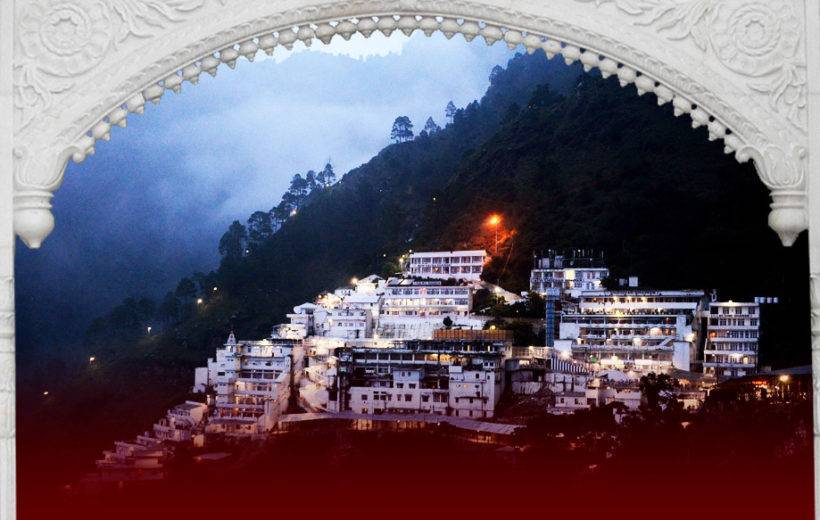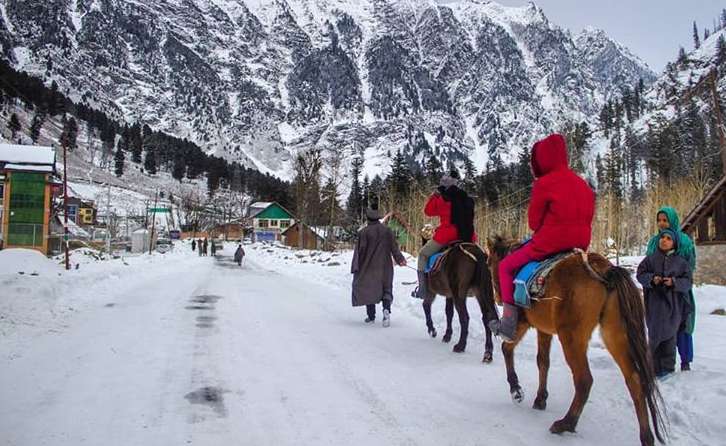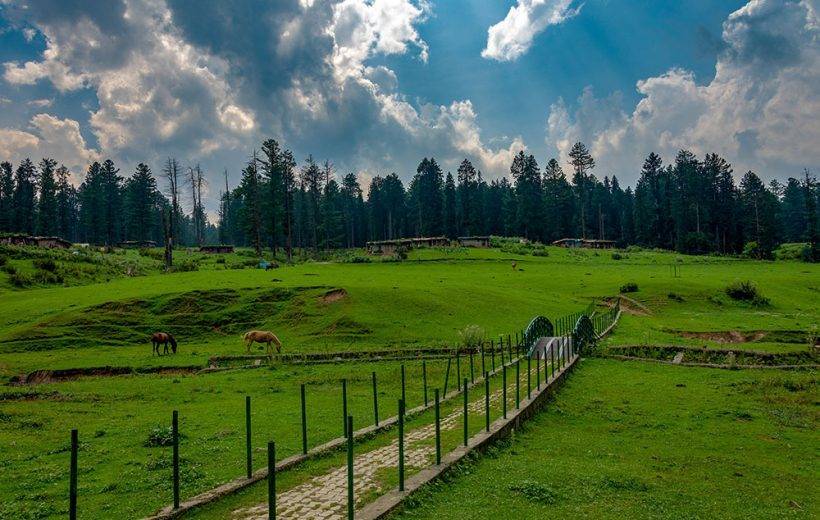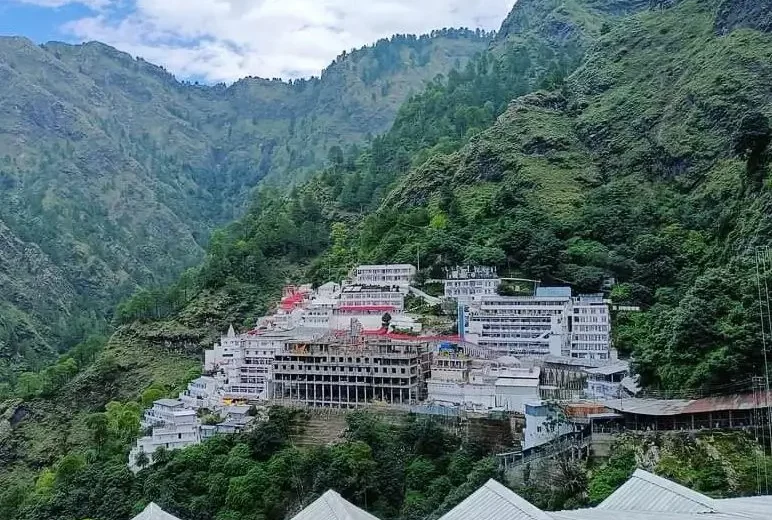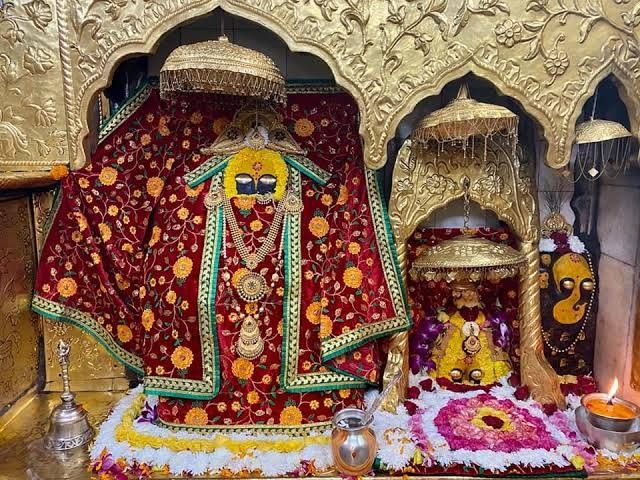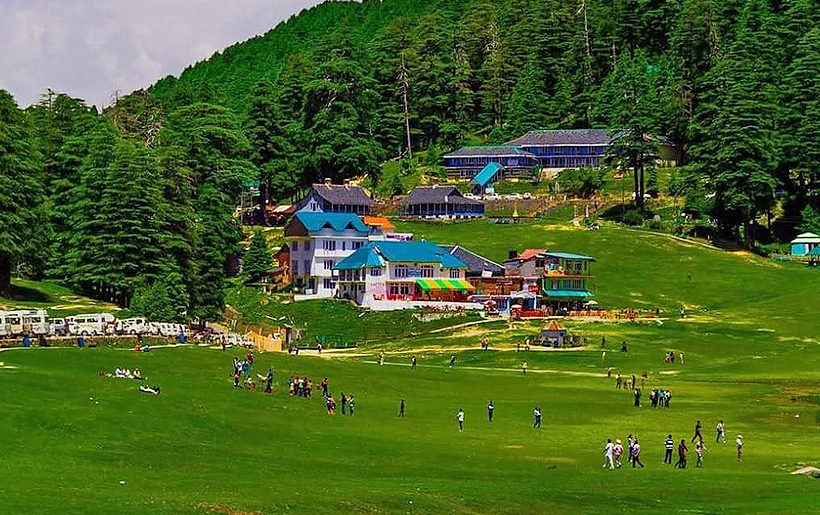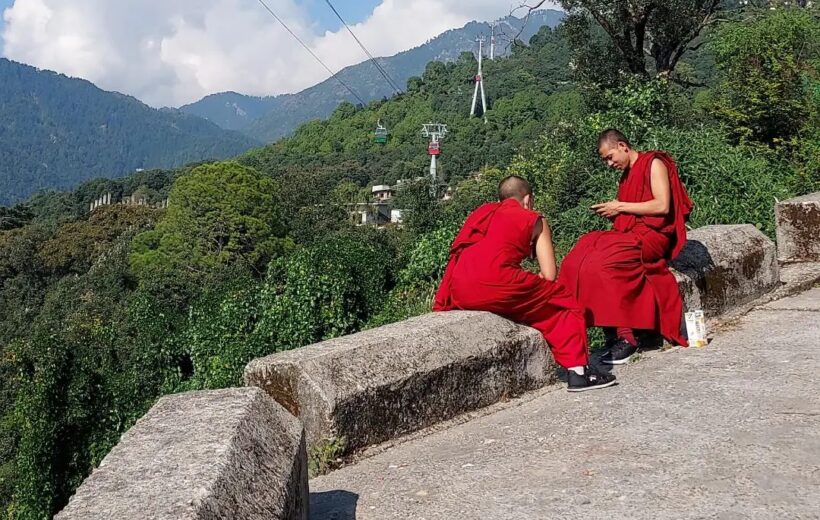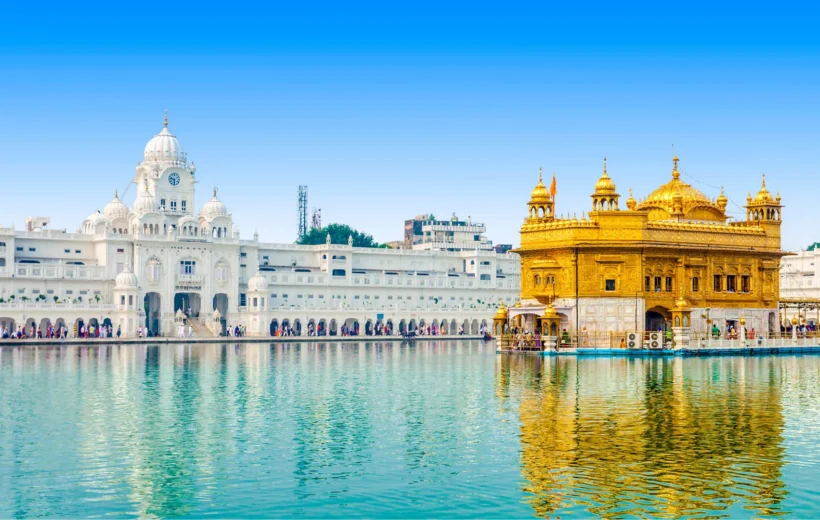Destinations
Trending Tours
Price on Request
Price on Request
Price on Request
Price on Request
Price on Request
Price on Request
Price on Request
Price on Request
Price on Request
Price on Request
Price on Request
Price on Request
Price on Request
Traveller reviews
Over 20k happy
customers globally
EXCELLENTTrustindex verifies that the original source of the review is Google. It was a wonderful experience of travelling to kashmir through Holidays Hunt Travel. All the concerned people were very prompt and active in providing all the required support, wherever and whenever required. Even it was quite safe and secure to move under their guidance. Our driver Dilawar, provided by the tour company was very empathetic, for instance, he offered his own jacket to our daughter when he saw that she is not wearing proper warm clothes in Gulmarg..... It was a very kind gesture of his......Trustindex verifies that the original source of the review is Google. Had good experience exploring Kashmir with holidays hunt travel Team was approachable and helpful during the Kashmir trip Hotels and food was amazing too Thank you Holidays Hunt Travel team!!Trustindex verifies that the original source of the review is Google. Nicely maintainedTrustindex verifies that the original source of the review is Google. GoodTrustindex verifies that the original source of the review is Google. We booked a package with Holiday Travel Hunt in the month of Nov,2022 for travelling Kashmir in the month of April,2023. We have just finished the tour 10 days ago. It was moderately good experience and from weather updates to road conditions, all information had been shared to us everyday. However I am raising following issues which the Company may try to rectify in order to be rated as one of the leading travel Company in Jammu & Kashmir. 1. On reaching Hotels at different locations, the hotels are allotting us the worst possible rooms. After a prolong arguments and sometimes by the intervention of the travel Company they have changed the rooms to our satisfaction. At Srinagar Hotel Paalzo Zafferano despite Senior Citizen, I was compelled to take a room at 3rd. floor, having no lift facility at the Hotel. Travel Company may consider to allot room nos. while booking in order to avoid harassment of their clients. 2. Hotels those have been allotted are quite a different place from the heart of the City. In Pahelgam our Hotel was 15 KMS. away from the main market. As a result our activity has been restricted and could not utilized our free time for roaming around the market place. 3. At houseboat, Dal Lake, we have been allotted a room having no attached bath. We have to use a bathroom which was common in nature. The behavior of the houseboat owner was also very rough. 4. At Paalzo Zafferano, Srinagar, we checked in at around 4 P.M. in the evening but managed to get first drop of hot water after 10.00 P.M. despite several asking and specially when the outside temperature was around 8 degree Celsius. All the hotels allotted to us having a limited time of getting hot water at bathroom. 5. All the amenities as promised by the Travel Company was not available in the room. For example when outside temperature was 6-8 degree Celsius, the normal water was difficult to drink, except the Hotel at Pahelgam no Hotel had provided a electric kettle in the room.Trustindex verifies that the original source of the review is Google. Visited kashmir only a few days ago. The entire tour was planned by Holidays Hunt travel agency. The moment we landed at Srinagar airport, we were taken care by their driver who reached us to the hotel. The hotel palazzo Zafferano was good, however the location was a little away from the main Dahl lake area. The food was nice and proper. However I would suggest to keep electric kettle with tea amenities to have tea in the morning, otherwise to get bed tea would be a problem. At pehelgaon the Riverside resort hotel was ok and just beside the Lider river. View wise it was fantastic but once again the location was very very far away from main pehelgaon spot. Certain services like tv wifi was not working. However whenever we faced some odds, and contacted Mr. Rohit, he immediately took care to bring out a solution. The driver provided to us was very good and modest. I hope these little odds if could be attended by this agency, then one can really enjoy and be secured. I wish all the best to Mr. Rohit and Holiday hunt travel agency.Trustindex verifies that the original source of the review is Google. The Best Trip and most memorable and special Tour of my Life❤️✨ This was our first ever Trip to kashmir and m glad i selected Holidays Hunt Travel special Thanks to Rohit choudhary sir who was der just a call away for any queries or requirmnts and thanks for the best 6days itinerary we saw the whole of kashmir wich was truly beautiful and memorable❤️🧿 .....Driver Bilal ahmed sir was so kind and guiding us throughout by taking us to the best places one cud ever see in der lyf 😍🤘 and thanks to our tour Manager Shakeel sir for lookin aftr our needs and managed our trip well🤘 The Hotels we stayed The food we ate everything was upto the mark no complaints no regrets will surely recommend Holidays Hunt to Friends and Family..✨☺️
Tailor-Made Packages
Customized itineraries based on your budget & preferences.
Affordable Pricing
Best value tour packages with no hidden costs.
End-to-End Travel
We manage flights, hotels, sightseeing & transfers.
24/7 Support
Available anytime before, during & after your trip.


